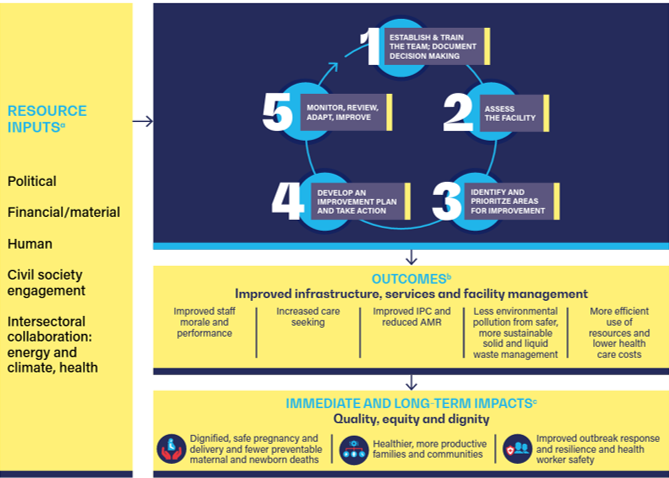Learning about having to do a practicum to satisfy MPH requirements here at Gillings during the application process got me excited because I thought it was a great way to ease us into public health practice. Little did I know that finding a practicum could qualify as a full-time job! It was definitely an eye opener for what is to come post-graduation. In retrospection, I think the timing was perfect because this was a great way for us to survey the market to see the most desired skills, come back to school afterwards and choose electives that will make us more marketable post-graduation.
I was very picky in the kinds of practicums I applied to because I wanted it to be meaningful to my chosen career trajectory. I nearly got swayed by some of the salaries advertised, but I’m glad they didn’t work out. Considering the series of events that occurred, it was almost as if an unseen hand was directing me right to this moment throughout the process. I think I ended up at the best possible place for me since it closely aligns with my research experience and interests.
The Organization:
IDEEL is a cross institutional collaboration of investigators with diverse backgrounds whose work focuses on infectious diseases around the world. Majority of their work is on malaria, delving into transmission dynamics, drug resistance patterns, diagnostic assays and tracking useful biomolecular markers to inform policies surrounding malaria control. I have already learnt a great deal so far from just joining their meetings and learning about their past work.
Having spent just over a week in the organization, I feel very welcome as all the members have been very nice and accommodating so far. The PIs in the organization, despite their busy schedules, have each made the time to connect and get to know me, creating a very inclusive environment that fosters learning and growth. My highlight so far was a potluck event organized at Jordan lake where I got to meet, socialize with and bond over food and games with members of the organization and their families.
Practicum Description:
Malaria is a very important cause of morbidity and mortality in sub-Saharan Africa, accounting for hundreds of thousands of deaths every year. According to the WHO, 95% of the 627,000 deaths caused by malaria globally in 2020 occurred in Africa. Given its deleterious effects on pregnant women and their unborn children, the WHO and its collaborators have come up with great strategies to prevent malaria acquisition in this population, primarily based on preventive treatment.
This practicum involves quantitative analysis on data generated from pregnant women receiving preventive antimalarial therapy to ascertain if said treatment is causing antibiotic resistance in certain strains of bacteria residing in their guts. Applying skills learned in my first year of MPH and previous work experience, together with newly acquired coding skills to be able to do the required analysis has been nothing short of exciting.
Expectations:
I look forward to understanding how research data is transformed into policies that guide medical practice. I hope to acquire new data analysis and bioinformatics skills relevant to the field, and to expand my network given my interest in infectious diseases in sub-Saharan Africa.
-Kofi O.

